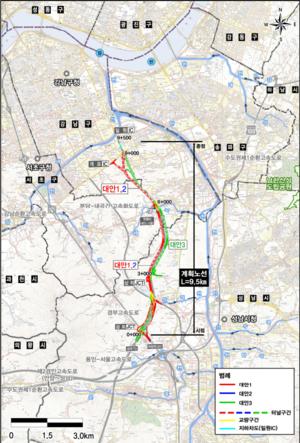 |
Have you ever seen a handicapped person struggling to exit the crosswalk before the light turned red? Have you seen people struggling to order food through digital kiosks or to surf on mobile banking systems? The answer is most likely yes. South Korea is gearing towards a fast-developing, high-tech society that excludes marginalized populations, including the digital natives, the elderly, and the handicapped. Companies have decided to transform their direct, offline customer service into online platform services, including digital kiosks and phone apps that cover everything from shopping, to check-in, to banking. This process has been greatly accelerated following the COVID-19 pandemic as more companies looked for contactless alternatives to keep business running. While it is promising that convenient self-service platforms are being developed, it is important to note that people who lack digital fluency or suffer from some disabilities are largely left out. Our rapid digital development prioritizes convenience over equity.
Besides the digital gap problem, the government leaves a significant rural population with inaccessible infrastructure and transportation. Beyond the vibrant capital of Seoul and other metropolises, small towns and rural areas lack access to basic infrastructure services, including hospitals and transportation. For example, in the mountainous province of Gangwon, it takes an average of more than two hours to reach a hospital. People with disabilities or senior citizens, who comprise the majority of the province population, are forced to take longer, excruciating trips to get basic medical care. As a consequence of inaccessible infrastructures, a team of volunteers try to deliver full-time house call care for the entire province ? however, there are only four doctors on this team! Even basic transportation can be dangerous for the physically handicapped of all ages; this problem ranges widely from poorly-managed traffic accessibility guidelines for the disabled to limited crosswalk time intervals as well as inaccessible building structures.
Having identified various shortfalls that expose society’s ignorance towards marginalized groups, the government and businesses must realize ALL people’s lives matter over short-term convenience and inaccessible advancements and cooperate towards that end. Our society should develop an inclusive infrastructure and service for ALL.
김예은 강남포스트 학생기자 webmaster@ignnews.kr
<저작권자 © 강남포스트, 무단 전재 및 재배포 금지>

 강남구, 성남~강남 민자고속도로 전략환경영향평가서 공청회
강남구, 성남~강남 민자고속도로 전략환경영향평가서 공청회


